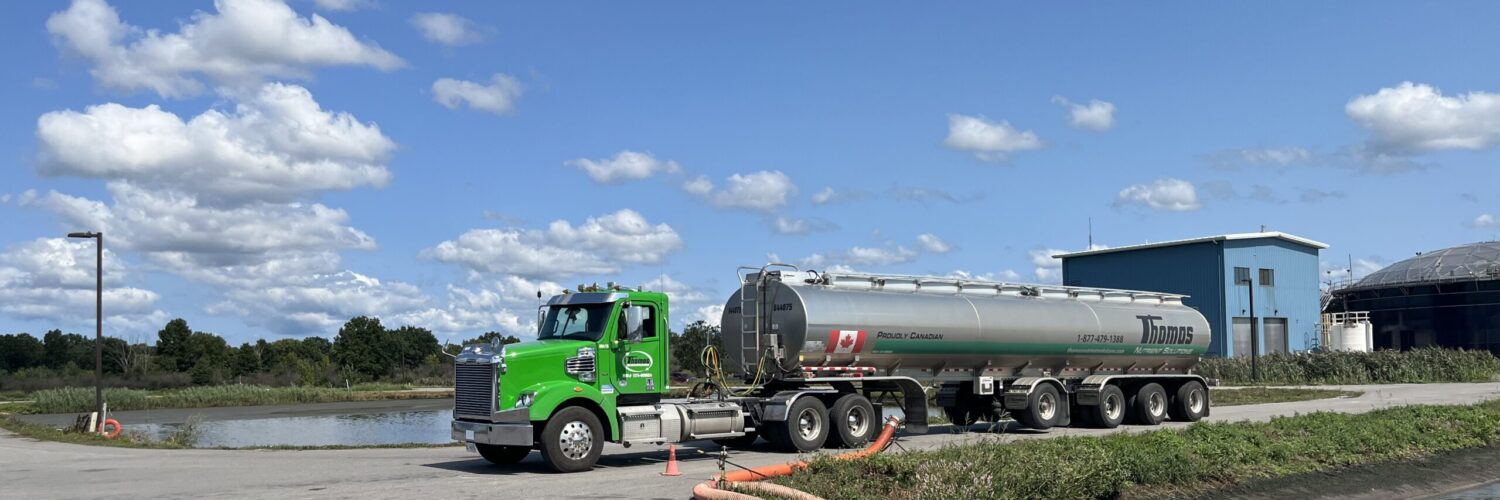Hydrogen is a critical component in the production of several commodities from plastics to fertilizers and even fuel. However, the process of harnessing hydrogen is both energy intensive and costly. Currently, a team from Princeton University is exploring the possibility of using sunlight to isolate hydrogen from a commonly available resource – wastewater.
The researchers claimed that they were able to double the accepted rate for scalable technologies that produce hydrogen through splitting water in a paper they published in the Energy & Environmental Science journal.
The team is led by Zhiyong Jason Ren, a professor of civil and environmental engineering at the Andlinger Center for Energy and the Environment. They concentrated on using wastewater from breweries for their study.They created a specially designed chamber that contained black silicon to filter out hydrogen gas from water. The process is facilitated by bacteria that generate electrical currents once it consumes the organic material in the wastewater. This current then helps with the water splitting process. They used a lamp to simulate sunlight and observed the breakdown of organic material by the bacteria and the eventual production of hydrogen as it bubbled up.
Jing Gu, a co-researcher and assistant professor of chemistry and biochemistry at San Diego State University, said that the system “allows us to treat wastewater and simultaneously generate fuels.”
In the past, hydrogen was produced through high energy processes that consumed oil, gas, coal, or other fossil fuels. The hydrogen they produced were then combined with carbon or nitrogen to create commercial compounds such as methanol or ammonia. These are the compounds found in synthetic fibers, fertilizer, plastics, cleaning products, and other goods.
Hydrogen can also be used a fuel for vehicles, but the adoption of hydrogen powered cars has been slow due to the high cost of hydrogen production. Currently, the biggest consumer of hydrogen is the chemical industry which also happens to produce it. The price of producing hydrogen is so prohibitively expensive that it costs more than producing iron, steel, metals, and food, according to the U.S Energy Information Administration.
The researchers claim that this is the first time wastewater was ever used to produce hydrogen through photocatalysis. Their setup was able to produce gas continuously for over four days and could have continued longer if the wastewater had not run out. Comparable systems had failed in the past to produce hydrogen for such a prolonged period.
Ren believes that the volume of hydrogen produced was sustainable and scalable enough for industrial applications because it is modular and can be stacked to increase volume as necessary. He also claims that this system is energy neutral at worst, which eliminates the reliance on fossil fuels.
The implications of this research are immense. This technology could be used by refineries and chemical plants to manufacture hydrogen without the need for costly fossil fuels and the need to clean wastewater. This new method turns wastewater into the hydrogen resource instead of the unwanted by-product. It also provides significant savings for these companies and protects the environment.
If you are a municipality in Ontario and in need of a biosolids management solution, please feel free to contact us at 1 (877) 479-1388.
Sources:
https://www.princeton.edu
https://www.sciencetimes.com

